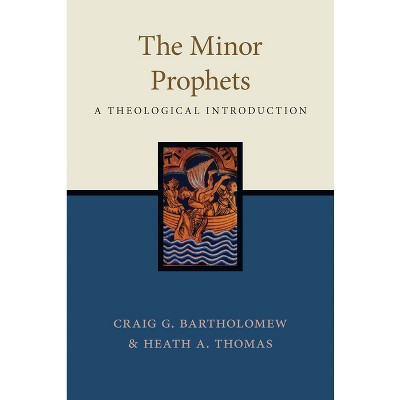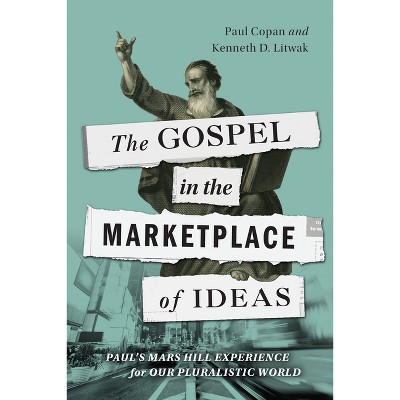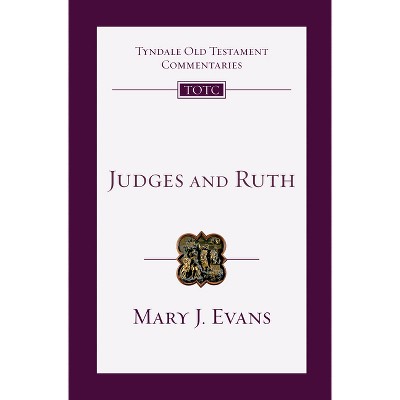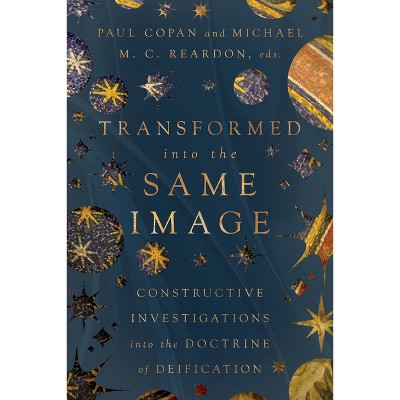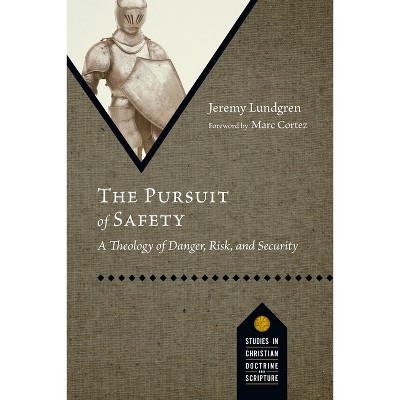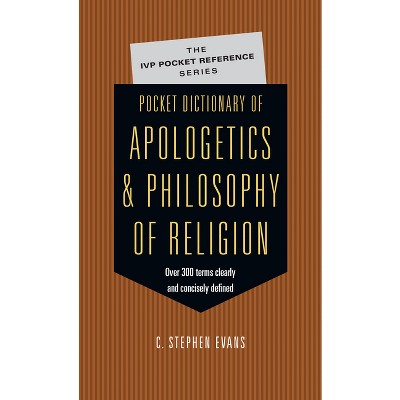Holy War in the Bible - by Heath A Thomas & Jeremy A Evans & Paul Copan (Paperback)

About this item
Highlights
- The first of its kind, this collection offers a constructive response to the question of holy war and Christian morality from an interdisciplinary perspective.
- About the Author: Paul Copan is the Pledger Family Chair of Philosophy and Ethics at Palm Beach Atlantic University.
- 352 Pages
- Religion + Beliefs, Biblical Studies
Description
About the Book
The first of its kind, this collection offers a constructive response to the question of holy war and Christian morality from an interdisciplinary perspective. By combining biblical, ethical, philosophical and theological insights, the contributors offer a composite image of divine redemption that promises to take the discussion to another level.Book Synopsis
The first of its kind, this collection offers a constructive response to the question of holy war and Christian morality from an interdisciplinary perspective. By combining biblical, ethical, philosophical and theological insights, the contributors offer a composite image of divine redemption that promises to take the discussion to another level.
Review Quotes
"[A] series of thoughtful essays. . . . Given that the contributors do not always agree with one another, no one should expect to treat this volume as the last word on this complex subject. However, fresh light is shone on the major issues and one hopes that it might at least be a step on the way."
"[T]he book serves as a valuable resource on this difficult issue. . . . it has definitely advanced the discussion."
"The articles, on the whole, are in dialogue with salient scholarship, and the footnotes will serve as fertile ground for additional research. . . . the book moves the discussion forward."
"This is an excellent resource for the scholar, student, pastor, or Bible student who seeks to know more about the concept of holy war in the Bible."
"While God does not need to be rescued from false caricatures, his followers do need reinforcements to withstand the faith-shaking attacks from New Atheists and others. This book provides helpful biblical, historical, theological, and philosophical reinforcements."
About the Author
Paul Copan is the Pledger Family Chair of Philosophy and Ethics at Palm Beach Atlantic University. He is author of Is God a Moral Monster? and coauthor of Creation Out of Nothing.
Jeremy Evans (Ph.D., Texas AM University) is associate professor of philosophy at Southeastern Baptist Theological Seminary in Wake Forest, North Carolina. He is coauthor of Taking Christian Moral Thought Seriously.
Heath A. Thomas (Ph.D., University of Gloucestershire) is assistant professor of Old Testament and Hebrew at Southeastern Seminary in Wake Forest, North Carolina.
Shipping details
Return details
Trending Poetry






